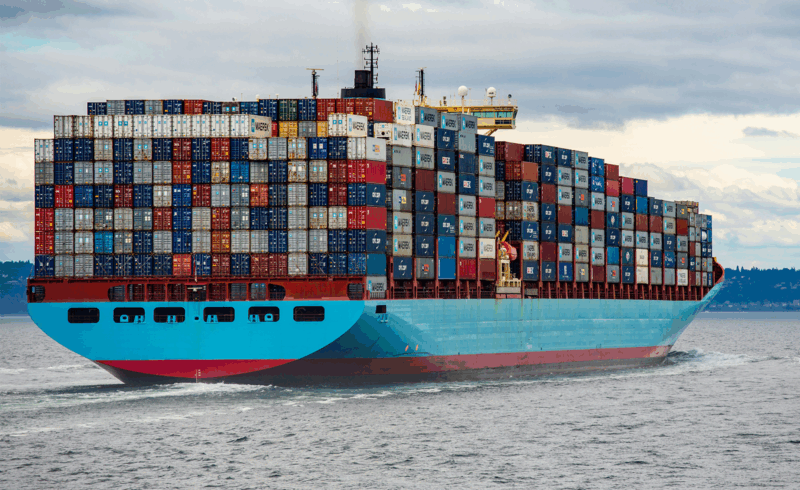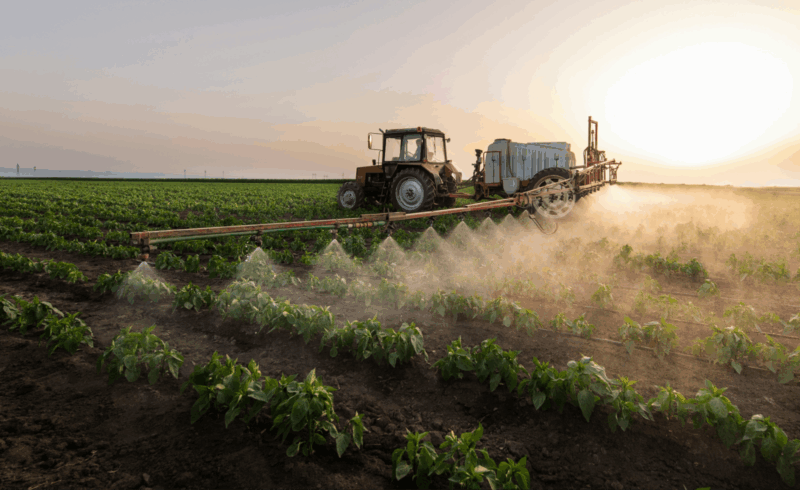Six years on from Brexit and the turbulence of global trade continues to shape business strategy across EMEA.
Amid shifting geopolitical alliances, election cycles and ongoing supply chain volatility, the UK and EU have entered a new phase of trade recalibration. With fresh trade deals being inked and tariff regimes under scrutiny, the implications for commodities, industrials, and consumer markets – and for the leadership talent guiding them – are profound.
A Brexit Reset: Easing Frictions, Raising Questions
Brexit may be old news politically, but economically it continues to cast a long shadow. The new EU-UK trade agreement aims to reset some of the more disruptive elements of post-Brexit trade, particularly around food and agriculture.
A reworked sanitary and phytosanitary (SPS) framework has removed many routine border checks on animal and plant products – an overdue win for sectors like horticulture and meat processing. For the first time since Brexit, British producers can now export previously restricted items such as raw sausages and burgers into the EU, opening markets that had been cut off.
The UK government projects a £9 billion economic boost by 2040 from the reduction in trade frictions. For consumers, this could translate to lower costs and greater product variety, particularly in essential sectors like food and energy.
From an environmental standpoint, the linkage of UK and EU emissions trading systems is not just a green alignment – it’s a cost-saving mechanism. UK firms are set to avoid the EU’s incoming carbon border tax, estimated to save around £800 million across affected industries.
Yet, even as trade barriers fall, uncertainty reigns. Global conflicts, shifting tariff regimes and economic instability have slowed decision-making across the board. Businesses are asking harder questions about structure, cost and capability. Who should we hire? Where do we need to be agile? When is the right moment to invest in leadership?
The volatility has not dampened the demand for talent, but it has changed the tempo. Leadership hiring has become more cautious, more strategic. Boards are prioritising resilience and are looking for leaders who have experience:
- Navigating ambiguity
- Building flexible supply chains
- Understanding regulatory complexity across borders
The new tariff landscape demands not just operational savvy, but leadership that can anticipate what’s next.
The UK-US Tariffs Deal: Progress with a Caveat
Following the ongoing volatility and uncertainty caused by the shifting US tariffs, the UK has secured a sector-specific trade agreement with the US. While falling short of a full free trade deal, the agreement covers key sectors:
- Automotive
- Steel and aluminium
- Agriculture
- Ethanol
In parallel, a US court ruling has challenged the legality of many Trump-era tariffs, mandating their removal. Market sentiment has responded positively: the FTSE 100, Nikkei 225, Hang Seng and Kospi indices all recorded gains following the announcement.
However, not all tariffs are being reversed. The UK-US agreement, not yet in effect, means businesses are still paying steep import duties. Jaguar Land Rover, for example, continues to face 27.5% tariffs on shipments to the US. The message is clear: while sentiment is improving, the reality on the ground remains complex.
This interim period of uncertainty is challenging for leadership teams trying to plan around fluctuating cost structures. Talent strategies are being adjusted to account for these headwinds. Organisations are increasingly seeking leaders with strong policy literacy – those who can interpret shifting international frameworks and pivot business models accordingly.
Moreover, supply chain leaders are in particularly high demand, as firms look to buffer against sudden regulatory changes. The ability to embed flexibility into everything from sourcing to pricing is now seen as a core leadership competency.
The India Deal: Opportunity at Scale
The UK’s trade deal with India, finalised in May, represents perhaps the most commercially promising of recent agreements. Tariffs on 90% of goods will be slashed, and 85% will become fully tariff-free within a decade. Sectors from whisky and automotive to medical devices and soft drinks stand to benefit, while consumers in both countries could see broader choice and lower prices. Notably:
- Whisky and gin tariffs will fall from 150% to 75%, and eventually to 40%.
- Automotive tariffs, currently over 100%, will drop to 10% under a quota system.
- Bilateral trade is expected to increase by £25.5 billion, with a projected £4.8 billion uplift to UK GDP annually.
India’s rise to the world’s third-largest economy within three years creates a competitive imperative for British firms. With better access to India’s vast consumer base, UK businesses need leaders with international growth experience – particularly in navigating diverse regulatory environments and local market nuances.
Cultural intelligence, operational agility and digital maturity are becoming must-haves at the executive level. The most successful leadership teams will be those that can straddle markets, align strategies across geographies and build scalable operations in regions where the regulatory, economic and demographic dynamics are evolving rapidly.
The Bigger Picture: Volatility as the New Normal
The tariff landscape across EMEA and beyond is not just tumultuous – it’s emblematic of a broader shift towards protectionism, selective alliances and politicised trade. For businesses, this is both a risk and an opportunity.
As trade policy becomes more fragmented, the ability to localise strategy while maintaining global cohesion becomes vital. Whether managing supply chains in Germany, entering new consumer markets in India, or adapting to new rules of origin for goods entering the EU, leaders must be equipped to interpret the noise and act decisively.
In this landscape, talent is a differentiator. The firms best positioned to thrive will be those that invest not only in supply chain diversification and regulatory compliance, but in agile, informed and resilient leadership teams.
In a world where trade is as much about politics as economics, the smartest trade is in future-ready talent.
Proco Group partners with organisations across EMEA’s industrial, consumer and commodities industries to deliver comprehensive talent mapping and source in-demand talent to fill critical roles. With a presence in EMEA, APAC, NORAM and LATAM, Proco Group has a truly global reach, empowering our clients with access to a large network of talent.
For a conversation about your organisation’s talent strategy in the face of ongoing tariff changes, please don’t hesitate to get in touch.
Stuart MacSween
Managing Partner | EMEA and APAC
stuart.macsween@weareprocogroup.com | +44 20 3962 4665




